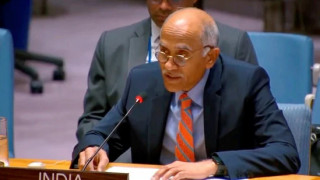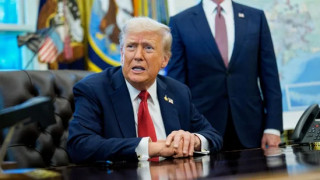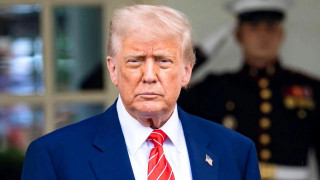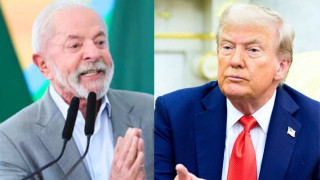
Syria (X)
Elections in syria: Indirect parliamentary elections were held for the first time in Syria on Monday. The initial results of this historic election are now coming out, in which women and religious minority communities have got very little success. This election is considered to be the first step taken towards the democratic process after the ousting of Bashar al -Assad in the country last year.
Bashar al -Assad, who has been in power for a long time last year, was undergoing political instability in Syria. The current government has introduced this election as an opportunity to restore stability and pursue the democratic system in the country. According to officials, this election is a symbol of an important change in the political history of the country.
The public did not vote directly in this election. Instead, approximately 6,000 delegates from regional constituencies selected from pre-approved lists of candidates. This process was established under the country's new political structure, which included representatives from local administrations, social organizations, and various professional groups.
In the initial results released on Monday, the Election Commission said that 119 MPs have been selected so far. However, the information has not been made public. Two-thirds of the members of the total 210 seats will be selected by this process, while the remaining one-third of MPs will be appointed by President Ahmed Al Shara.
The elected MPs include six women, marking a small but important breakthrough in Syria's traditionally male-dominated political structure. Apart from this, 10 seats have gone to religious and ethnic minorities, which include Kurds, Christians, and representatives of two Alawite communities. It is noteworthy that former President Bashar al-Assad also comes from the Alawite sect.
Analysts say the initial results indicate that Syria will still have to go a long way in terms of political diversity and representation. The low attendance of women and minorities has questioned the transparency and equality of the election. Some opposition groups have alleged that the list of candidates was already fixed, which reduced the chances of real competition.
However, despite criticisms, this election is being seen as a new beginning for Syria. Many observers believe that the country is gradually moving towards democracy after prolonged struggle and political instability. The international community has also described this process as a positive step towards peace and stability but has also clarified that real success will be considered only when ordinary citizens are also included in the decision process.













Copyright © 2025 Top Indian News
